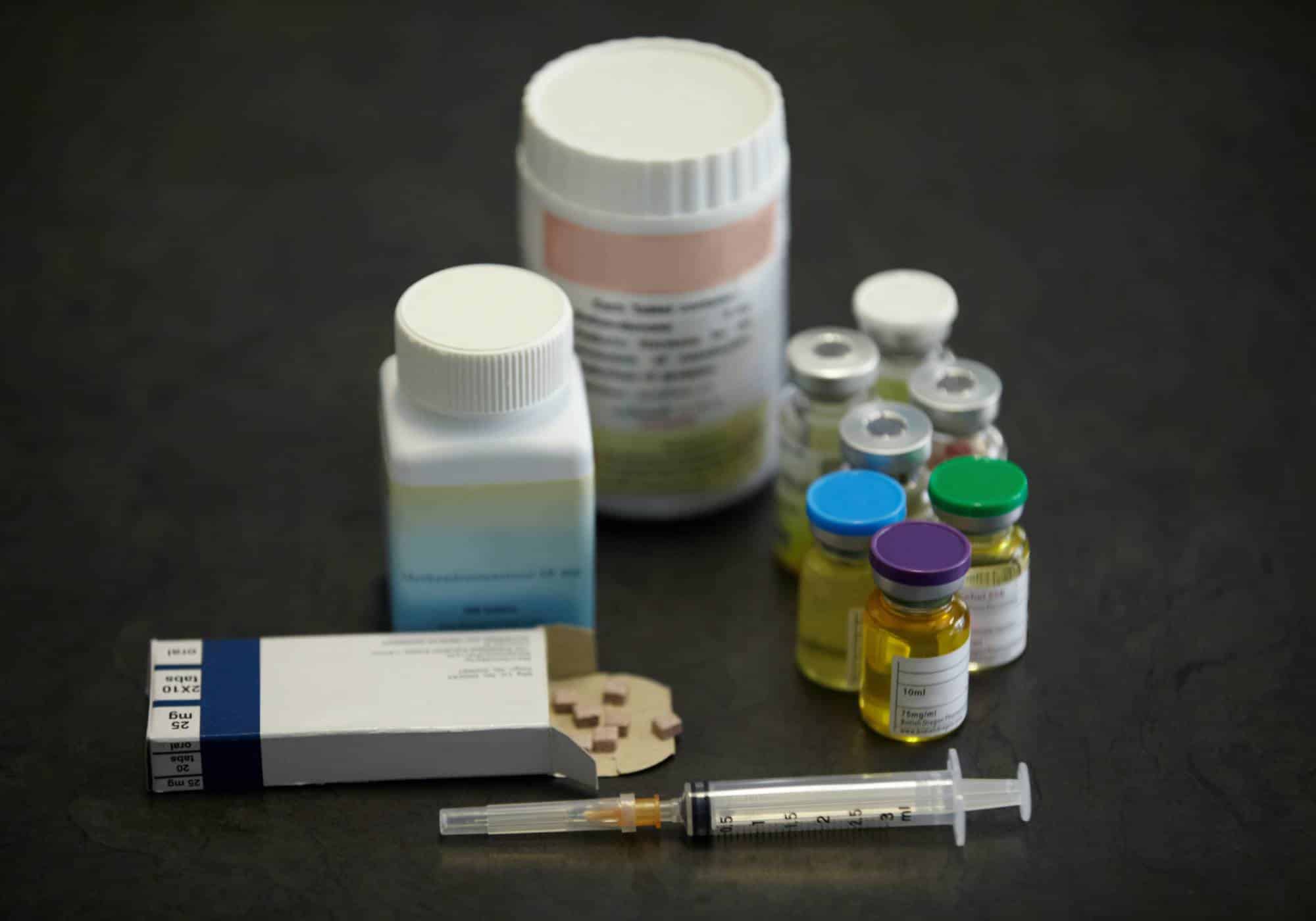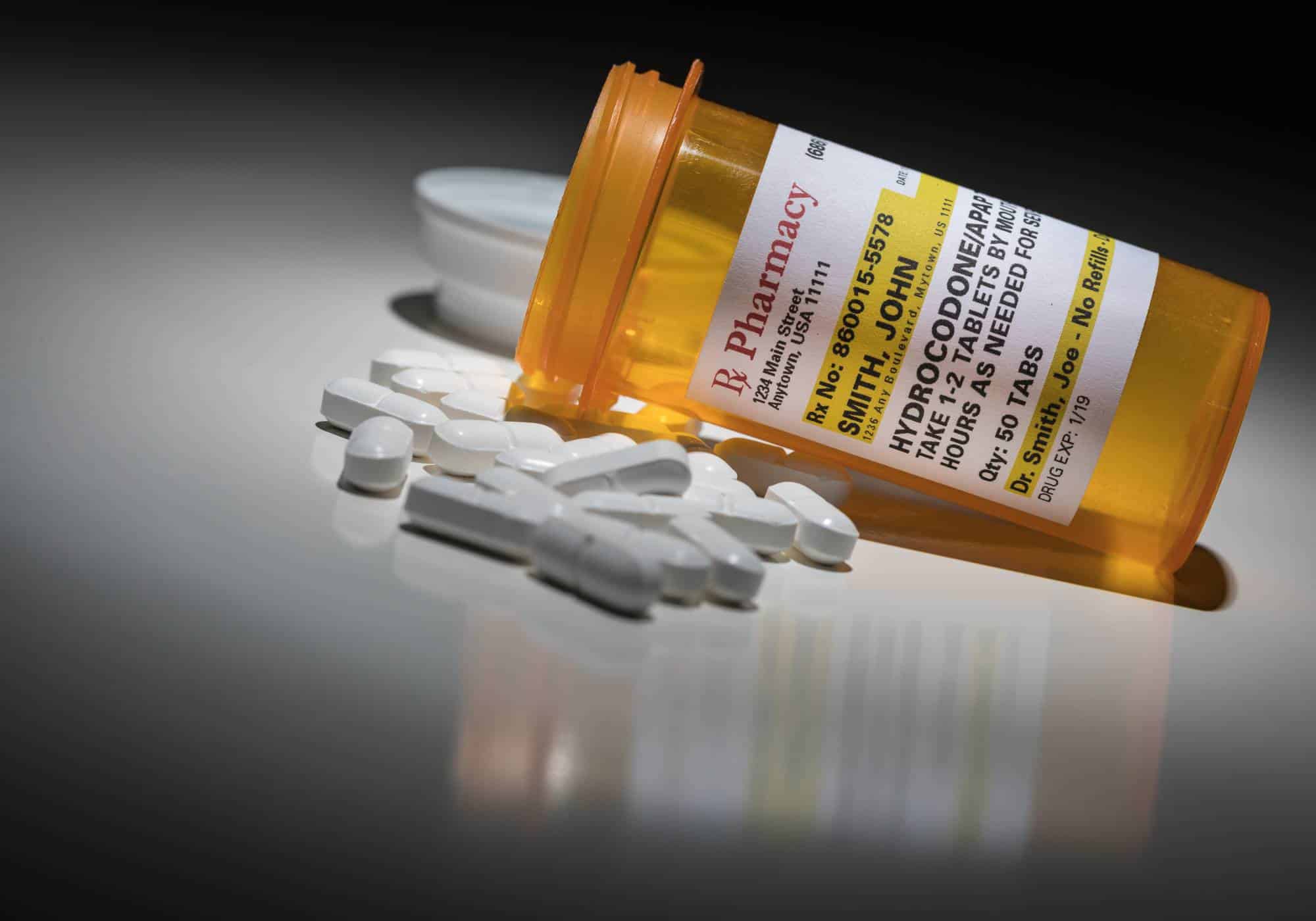Mental health conditions are common, but receiving the right type of treatment can make all the difference for those living with one. Partial hospitalization programs (PHPs) offer an intensive level of care during the day that can be extremely beneficial for those living with serious mental health conditions.
A partial hospitalization program is one step down from inpatient care. It provides more intense treatment than outpatient care but less supervision and support than inpatient care. So, how effective is a PHP? The answer may surprise you.
Defining a Partial Hospitalization Program
A partial hospitalization program is a form of intensive outpatient treatment. It typically takes place during the day, and participants may attend for 4-6 hours several times per week. During this time, they receive therapeutic services such as counseling, psychiatric evaluation, medication management, psychotherapy, occupational therapy, life skills education, and more. A partial hospitalization program also offers structure and support while helping participants to develop stronger coping skills that can be used in daily life outside of the PHP.
Effectiveness of PHPs
Research shows that partial hospitalization programs are effective at treating many different types of mental health issues. Studies have found that PHPs can also reduce symptoms of depression and anxiety significantly over short periods of time. They can also help to reduce the risk of relapse for those at high risk and can improve the quality of life for participants.
Purpose of a PHP
The goals of a PHP are to improve the overall functioning of participants, and research has found that PHPs can help people reach their goals. Studies have also shown that partial hospitalization programs can reduce substance abuse among participants and increase employment rates with the additional occupational therapy support they provide.
Overall, partial hospitalization programs offer a safe and effective way to treat mental health conditions while allowing individuals to maintain independence in their day-to-day lives. If you or someone you know is living with a serious mental health disorder, speaking with your doctor or therapist about partial hospitalization could be beneficial.
How PHPs Are Structured
PHPs are designed to provide an intensive level of care in a partial-day setting. Patients participate in individual and group therapy sessions, along with activities designed to help them learn life skills and develop coping strategies. Depending on the program, medications may also be prescribed. The number of days and hours people spend in partial hospitalization programs can vary depending on their needs, but it usually lasts between four and six hours per day, five days a week.
By attending partial hospitalization programs on a regular basis, individuals can gain the support they need to manage their mental health conditions more effectively. This type of treatment is often recommended for those who have severe or persistent mental health issues that require more supervision than traditional outpatient treatments can provide.
What to Expect During Treatment
A partial hospitalization program is designed to help individuals develop the skills and strategies they need to manage their mental health conditions more effectively. During treatment, patients will participate in a variety of therapeutic activities, including individual and group psychotherapy sessions and life skill-building activities. They may also receive medication management if needed.
At the end of partial hospitalization treatment, it is important for individuals to follow up with their doctors or therapists for continued support as they work towards managing their mental health condition long-term. It is also important to stay connected with supportive family and friends during this time.
Are There Any Downsides?
Although partial hospitalization programs can be beneficial for many individuals, there are some downsides to consider. For example, partial hospitalization programs are often expensive and may not be covered by insurance plans. Additionally, the intense structure of partial hospitalization can be overwhelming for some participants, which may make it difficult to complete the program.
Overall, partial hospitalization programs offer a safe and effective way to treat mental health conditions while allowing individuals to maintain independence in their day-to-day lives. If you or someone you know is living with a serious mental health disorder, speaking with your doctor or therapist about partial hospitalization could be beneficial.
For those considering partial hospitalization as an option for treatment, it is important to discuss the pros and cons with a qualified mental health professional before making any decisions. With the right treatment plan in place, partial hospitalization programs can be a successful way to manage mental health conditions and improve quality of life.
The Benefits of Participating in a Partial Hospitalization Program (PHP)
Participating in a partial hospitalization program can have many benefits, such as:
- Improved functioning and reduced symptoms of mental health conditions
- Increased ability to manage mental health issues independently
- Reduced risk of relapse
- Access to intensive treatment that is more structured than traditional outpatient care
- The opportunity to learn life skills and develop coping strategies to manage mental health conditions long-term better.
Overall, partial hospitalization programs can be an effective way for individuals living with serious mental illness to get the support they need while maintaining independence in their day-to-day lives. It is important, however, to discuss the pros and cons of partial hospitalization with a qualified mental health professional before making this type of commitment. With the right plan in place, partial hospitalization may be just what you need.
How to Get Started
If partial hospitalization is something you are interested in pursuing, the first step is to speak with a doctor or therapist. At Hope Harbor Wellness, our licensed and experienced professional team can help you explore all of your treatment options, including partial hospitalization programs. We are dedicated to helping individuals find the best treatment plan that fits their individual needs and goals.
We understand that deciding to receive partial hospitalization is difficult, but with the right support and guidance, it can be a powerful tool in managing mental health conditions. With Hope Harbor Wellness on your side, you don’t have to go through this journey alone. Contact us today to get started.












